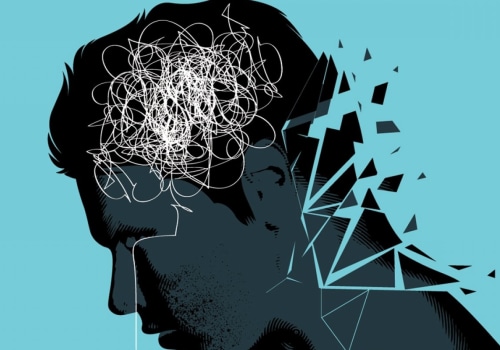The World Health Organization (WHO) has a unique perspective on mental health. They define it as a “state of well-being in which the individual realizes their own abilities, can cope with the normal stresses of life, can work productively and fruitfully and can make a contribution to their community”. Mental health is not just about our emotional, psychological and social well-being, but also how we think, feel and act. It is important at all stages of life, from childhood and adolescence to adulthood.
It is important to note that poor mental health and mental illness are not the same thing. Mental illnesses are health conditions that involve changes in emotions, thinking, or behavior (or a combination of these). The prevalence of mental health conditions is increasing due to demographic changes in some countries, such as an aging population, as well as exposure to unfavorable social, economic, geopolitical and environmental circumstances. The WHO seeks to integrate mental health into the environments and experiences of daily life.
This includes engaging partners inside and outside the health sector to help individuals, families and societies to thrive and prosper. Most mental illnesses don't get better on their own and require treatment. The Western Pacific region is facing an imminent mental health crisis due to the COVID-19 pandemic. Promoting and protecting mental health at work is an area of growing interest.
This can be supported through legislation and regulation, organizational strategies, manager training and interventions for workers. Lifestyle changes such as good nutrition, exercise, and adequate sleep with good sleep hygiene can contribute to mental health and recovery. Mental illnesses refer to a wide range of mental health disorders that affect mood, thinking, and behavior. In order to strengthen mental health on a national level, it is important not only to protect and promote the mental well-being of all people but also to address the needs of those with mental health problems.
Different cultures may view and describe mental health conditions differently than most doctors in the United States. Individual psychological and biological factors can make people more vulnerable to mental health problems.







